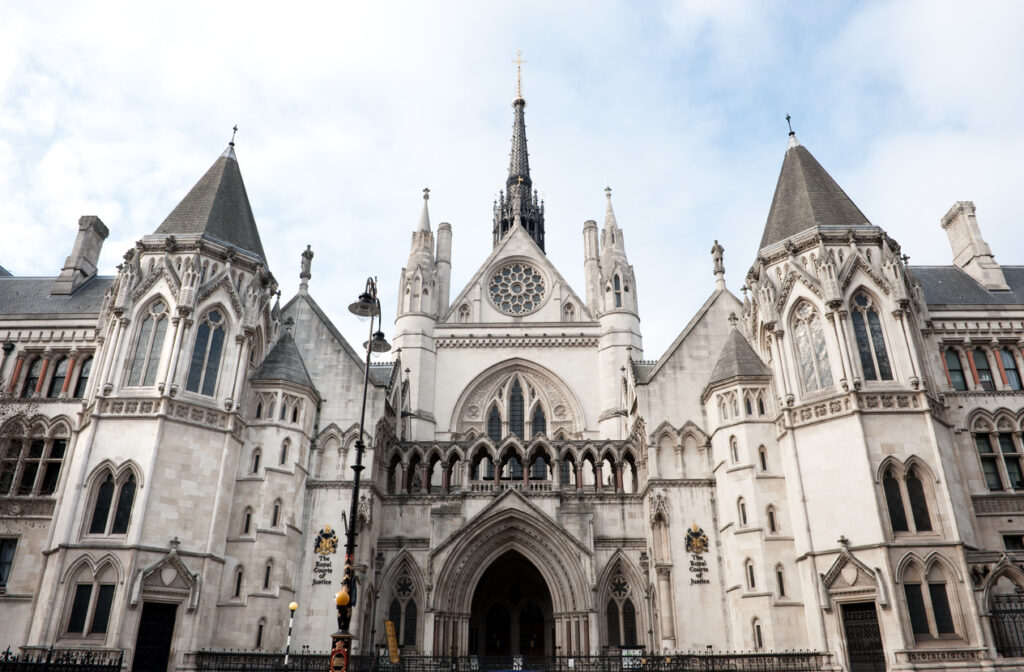What happens when a landlord’s redevelopment ambitions clash with a tenant’s legal right to renew a lease? That’s the dilemma at the heart of Spirit Pub Co (Managed) Ltd v Pridewell Properties (London) Ltd—a case that has sparked significant discussion among property lawyers and commercial landlords alike.
In this case, the fate of a popular pub collided with redevelopment plans. But the court delivered a message loud and clear: redevelopment ambition must be backed by solid evidence and actionable plans—or it won’t outweigh a tenant’s rights under the Landlord and Tenant Act 1954.
Case overview: The battle over the Railway Bell
The tenant, Spirit Pub Company (Managed) Limited, operated the Railway Bell public house in South Woodford. As their lease neared its end, they sought renewal under the security of tenure protections provided by the Landlord & Tenant Act 1954.
However, the landlord, Pridewell Properties (London) Ltd, opposed the renewal. Their argument rested on ground (f) of section 30(1) of the Act—claiming they intended to redevelop the premises, possibly converting it into residential flats and constructing adjacent mews houses.
But there was a catch, the redevelopment plan was subject to multiple uncertainties:
- Planning permission was not yet granted.
- Funding had not been secured.
- Restrictive covenants dating back to 1870 remained unresolved.
These factors raised a crucial legal question – was the landlord’s redevelopment plan firm and executable, or just a hopeful ambition?
The legal test: Ground (f) explained
Under Ground (f), a landlord can refuse lease renewal if they can prove a genuine intention to demolish or reconstruct the property, and that the works can commence shortly after the lease ends.
But the courts apply this strictly. Intent alone isn’t enough, landlords must prove that:
- Their plans are unconditional and fully developed.
- They have the means and authority (such as planning approval and financing).
- The proposed works are realistically executable within a reasonable timeframe.
The court’s decision: substance over speculation
The court found that Pridewell’s redevelopment proposal lacked critical elements:
- No concrete evidence of funding.
- Uncertainty about planning approval.
- Unresolved historical legal restrictions.
While Pridewell argued it could begin works within 14 months of lease expiry, the court noted this was at the upper end of what might be acceptable—and without tangible preparation, even that was doubtful.
Result?
- The landlord’s opposition under ground (f) failed.
- The tenant’s right to a new lease was upheld.
Key takeaways: Lessons for landlords and tenants
For landlords:
Speculative plans won’t hold up in court. You need evidence of:
- Planning permission (or strong likelihood of obtaining it)
- Financial backing
- Resolution of legal obstacles
- Begin preparations well in advance of lease expiry.
- Ensure your timeline for redevelopment is realistic and well-documented.
- Courts will scrutinise your plans—wishful thinking isn’t a legal strategy.
For tenants:
- Don’t assume a redevelopment claim is bulletproof.
- Ask for evidence of funding, planning approval, and a timeline.
- Challenge redevelopment grounds that rely on uncertain or conditional plans.
- The court’s focus on substance over aspiration provides a firmer basis for negotiation.
Summary
The Spirit Pub case is a cautionary tale for landlords relying on redevelopment as a route to reclaim property. Ambition must meet reality. Courts require clarity, funding, and commitment—not just plans drawn on paper.
For tenants, this case is a reassuring reaffirmation of statutory rights. Even in the face of redevelopment, the law protects continued occupation—so long as the landlord’s case lacks the depth to prove otherwise.
Whether you’re advising clients or managing a portfolio, one thing is clear: in lease renewal disputes, preparation isn’t just important—it’s everything.






